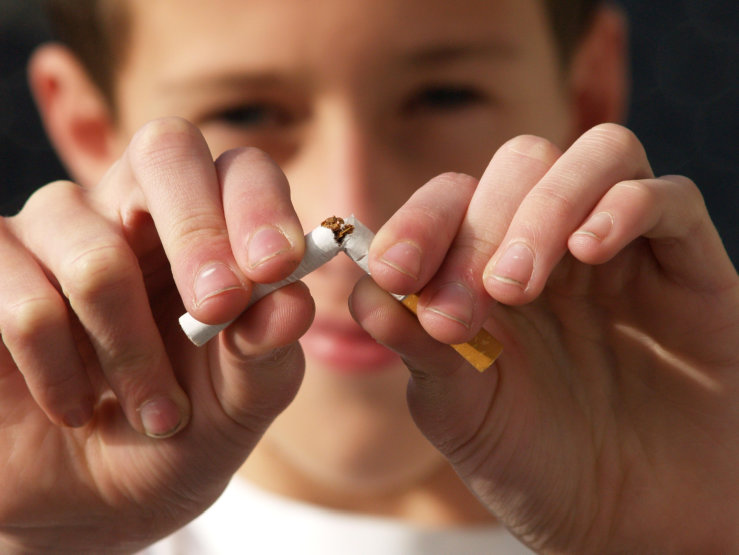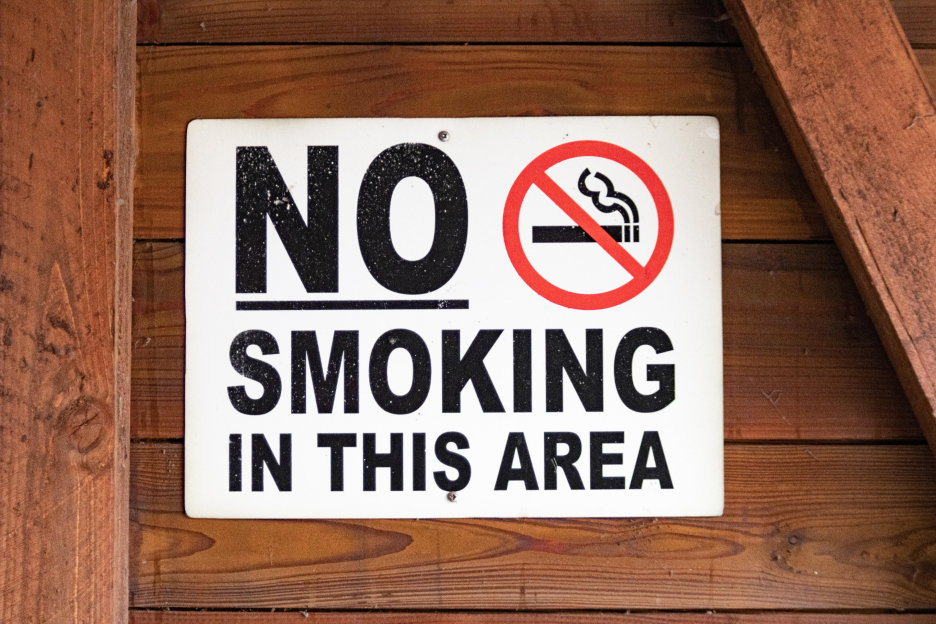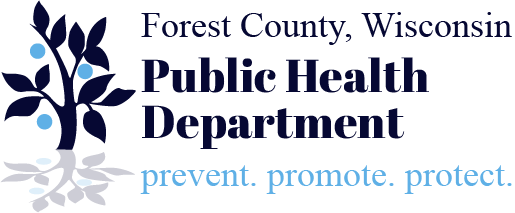Tobacco Resources
Wisconsin Tobacco Quit Line
Call the Wisconsin Tobacco Quit Line. To talk with someone who knows all about quitting and can help you through it. The Quit Line coach will help you learn what you can do to quit successfully. They will talk you through the ways you can quit best based on your lifestyle and how to slowly decrease your nicotine intake with nicotine patches or exercise.
Call 1-800-QUIT-NOW (1-800-784-8669) for TTY 1-877-777-6534 Quit Line hours: 7AM to 11PM daily. If you call at other times, just leave a message, and you’ll be called back within two business days. For more information, contact UW Center for Tobacco Research and Intervention by visiting www.ctri.wisc.edu/quitline.
Fax to Quit
If you’re thinking about quitting tobacco but are having difficulty getting started, call the Health Department at 715-478-3371. You can either speak to or make an appointment to meet with one of our nurses. The nurse will help you assess your readiness to quit, assist you with a plan and arrange follow-up (which may include referral to the Wisconsin Fax to Quit program). After you meet with the nurse, you may decide to take advantage of the Quit Line counseling. The nurse will direct you to complete a brief smoking history and contact information form. The form will be faxed to the Quit Line, and a Quit Line coach will call you on the day, and at the time and phone number you request.
First Breath
The First Breath program is designed specify to help pregnant women quit smoking. The program is sponsored by the Wisconsin Women’s Health Foundation, (a non-profit organization) to help pregnant women in Wisconsin quit smoking and reduce the risk of serious health problems to both mother and child. The program provides 1:1 support during and after pregnancy, and resources available through the Quit Line. Call the Health Department at 715-478-3371 to speak to or make an appointment to meet with our First Breath nurse.
Wisconsin WINS Program
The WI WINS program is a state and local partnership dedicated to protecting children from the health hazards of tobacco, and to decrease youth access to tobacco products. The Wisconsin Department of Health Services (DHS) reports that underage tobacco and vape sales increased to 13.6% in 2023 from 11.9% in 2022. These are the results of the Synar Survey, an annual statewide assessment of the retailer violation rate for underage sale of tobacco products, including e-cigarettes. In 2019, the rate was 5.5% and reached its highest point in 2021 when the rate was 14.1%. On average, underage tobacco and vape sales have increased 140% since 2019.
The CDC estimates that every day in the United States, 3,600 young people between the ages of 12 and 17 years initiate cigarette smoking. E-cigarettes have been the most commonly used tobacco product among youth since 2014.
Statistics show smokers and smokeless tobacco users who began using in their youth have more difficulty quitting later in life than those who began as adults.
WI WINS activities include retailer education and training, media outreach, community education, and investigations to establish retailer compliance with the law. By decreasing youth access to tobacco, youth tobacco use decreases, lifetime health effects lessen, and Wisconsin WINS.

For more information on the Wisconsin Wins program, visit www.wiwins.org.
For free tobacco retailer training, visit www.witobaccocheck.org.


Northwoods Tobacco-Free Coalition
Forest, Florence, Oneida, Lincoln, Price, and Vilas counties combined as one multi-jurisdictional coalition, called the Northwood’s Tobacco-Free Coalition (NWTFC). The mission of the NWTFC is to improve the health of the residents of Florence, Forest, Lincoln, Oneida, Price, and Vilas counties by encouraging reduction in the use of tobacco through public information and community involvement.
To achieve the above, the Coalition will:
-
- Stimulate communication and collaboration among agencies, groups, and individuals interested in control of tobacco use, and the promotion of smoke-free workplace policies in the NWTFC region.
- Develop a network of organizations to implement and coordinate ongoing tobacco reduction initiatives.
- Develop a strategic tobacco reduction plan for Florence, Forest, Lincoln, Oneida, Price, and Vilas counties.
